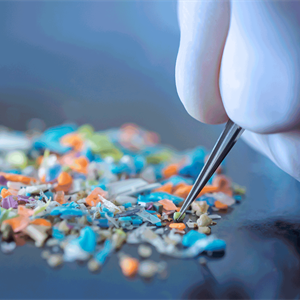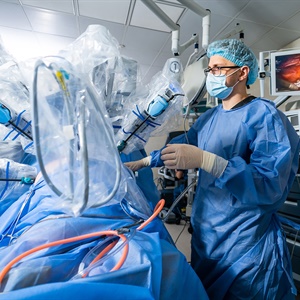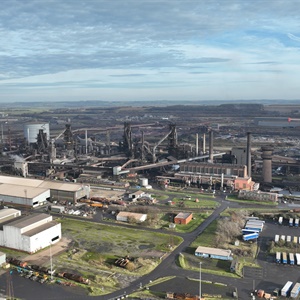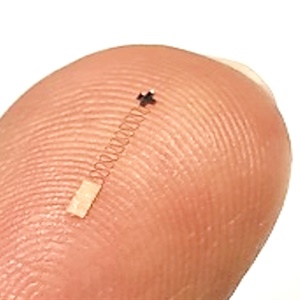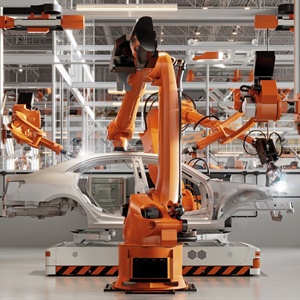Eccentric engineer: How one man's LSD vision transformed DNA research
How psychedelic substances helped Kary Mullis with the greatest discovery in modern genetic engineering – PCR. Kary Mullis was an unusual scientist. His interest in chemistry grew from a childhood love of making rockets, his first published paper was on astrophysics and his PhD on bacterial biology. He was also a firm believer in astrology, didn’t believe in climate change and disputed the link between HIV and Aids despite having done no research on the subject. But he did change the world. In 1983, Mullis was working for one of the US’s first biotech companies, Cetus Corporation, where he was employed to synthesise oligonucleotides, or primers – short, single-stranded nucleic acid used by all living organisms in the initiation of DNA synthesis. The corporation had a project to analyse…

